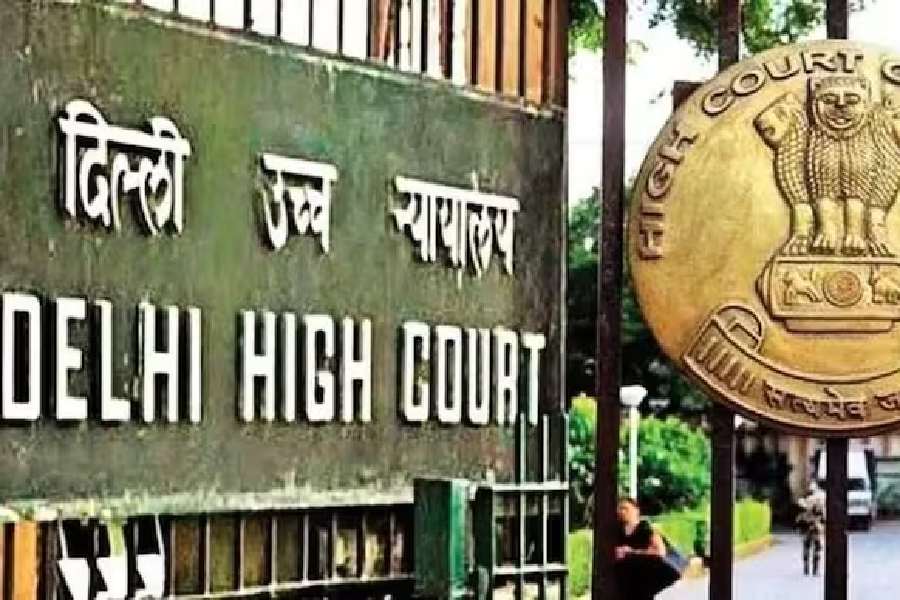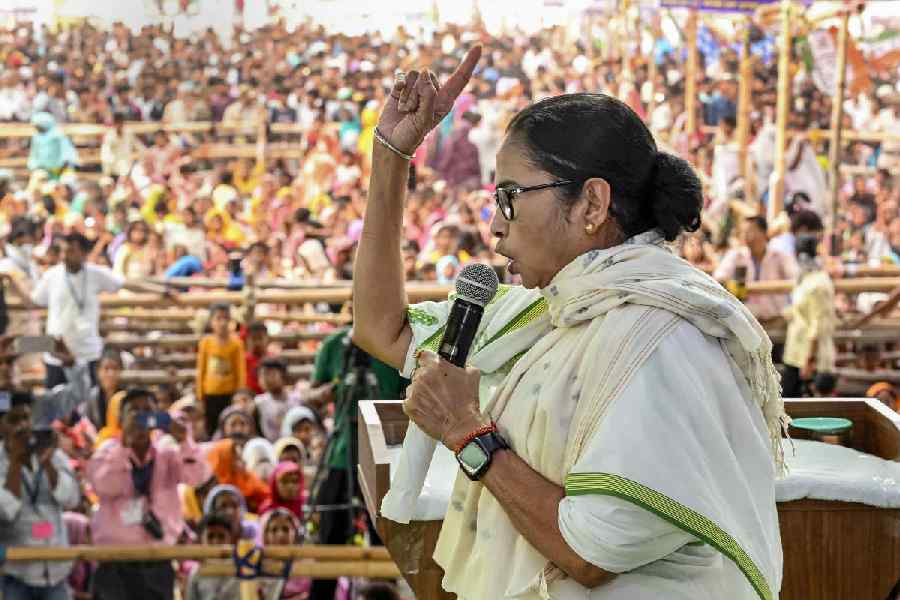The BJP leadership in Kerala is not very enthused over the appointment of Arif Mohammad Khan as the new governor of the state.
Although the state leadership has not come out with any public statement, privately they express “disappointment” over the choice.
It was obvious that the leadership was expecting someone with a Rashtriya Swayamsevak Sangh background to take over from Justice P. Sathasivam, especially in the absence of anyone from the central leadership to guide the party in the state at present.
Two central leaders, Naleen Kumar Kateel and B.L. Santhosh, who were in charge of Kerala, have been entrusted with higher responsibilities by the central leadership. Kateel was in the midst of a high-level party meeting in Kochi when the announcement of his new post as Karnataka BJP president took place. Santhosh was made general secretary of the party before that.
Since no immediate replacements for the two have come forth, state leaders were looking for someone capable of “putting the CPM government in its place” at the Raj Bhavan in Thiruvananthapuram.
Justice Sathasivam, according to some state BJP leaders, was a “big letdown”. In the past too, they haven’t minced words or hidden their disappointment with the former governor.
They genuinely feel that other than bringing political murders in the state to the national limelight by demanding a report from the chief minister, Sathasivam had always “sided with the Left Front government” in the state.
He had even developed a cordial relationship with the opposition Congress, which had opposed his posting in the beginning. His attitude of non-interference in matters of governance during the height of the Sabarimala agitation, when thousands of BJP leaders and workers were under detention, had turned the entire BJP leadership in the state against Sathasivam.
They had expected Sathasivam to send at least a negative report about the law and order situation to the Centre. There was even talk of dismissing the government. BJP president Amit Shah himself had threatened to do so at a public meeting in Kerala. However, nothing of that sort ever happened. Sathasivam stuck to the rule book, much to the dismay of BJP leaders in the state.
In such a scenario, it was quite natural for the state BJP leadership to expect the Narendra Modi government to appoint a more “assertive” governor, with his eyes and ears always open to their views.
It seems the Centre has different ideas. For one, revamping the state BJP is not its immediate priority.
Shah, it is learnt, has told the leadership categorically that there would be no more spoon- feeding by Delhi. The party has to broaden its base through its own efforts. Shah has also cold-shouldered long-standing demands of its main ally in the state, Bharat Dharma Jana Sena (BDJS), for administrative sops.
Its founder leader belonging to the strong Ezhava community, Vellappally Natesan, whose son is heading the BDJS, is still nursing ambitions of getting a governor’s post, something very unlikely to come through.
In the absence of any benefits, there is a sense of dejection among the few partners of NDA. Some like Adivasi leader C.K. Janu have gone back to the CPM fold. But nothing seems to deter Shah from the belief that unless and until the BJP stands on its own in the state, there is no hope for the party in Kerala.
Its over-dependence on the RSS’s state unit, which is reportedly at loggerheads with Shah, is there to be seen. This was evident when the former state president Kummanam Rajashekharan, a Sangh parivar acolyte, was summarily removed from the post.
Although he was brought back to fight the Lok Sabha elections under pressure from the RSS, there seems to be no move by the central BJP leadership to give him another term as state unit president.
The current president, P.S. Sreedharan Pillai, has not been able to deliver the goods for the party. The only solace is that infighting within the party has reduced, mainly because the two warring faction leaders have been taken out of the state. V. Muraleedharan is now a Union minister and P.K. Krishna Das has been entrusted with party matters in Andhra Pradesh.
By appointing Arif Mohammad Khan as governor, the BJP may be hoping to win over the confidence of the minority community in Kerala, something the state BJP leadership has failed to do so far.
According to 2011 census, Kerala has a Muslim population of 26.56 per cent, fourth largest in the country state-wise. Shah, by referring to the Wayanad constituency from where Rahul Gandhi won the Lok Sabha election as a “Mini Pakistan”, may have damaged BJP’s chances in building bridges with the community in the state.
But all is not lost. In the wake of the passage of the instant triple talaq bill, rumblings of dissent are being heard in both the Indian Union Muslim League and the All India Muslim League. Talaq is a much more sensitive issue in Kerala than the Babri Masjid controversy. A majority of Muslims in the state knows that reforms in the community are close to Arif Khan’s heart.
As one Muslim scholar pointed out, it is to be seen how the political and religious organisations in the state react to the positions taken by Khan regarding certain issues affecting the community.
During the last Modi government, the BJP had offered a ministry berth, overlooking many eligible party leaders from the state, to former bureaucrat Alphons Kannanthanam, in the hope of appeasing the Christian community. It didn’t work that time, mostly because Kannanthanam has no roots in the state, less said about his political acumen.
Arif Khan may not bring hordes of supporters for the BJP from the Muslim community in the state, but he may succeed in putting across the Centre’s point of view regarding contentious issues to members of the community there. Above all, Arif Khan is most likely to follow the “non-controversial” path of his predecessor, something the state BJP is worried about.










